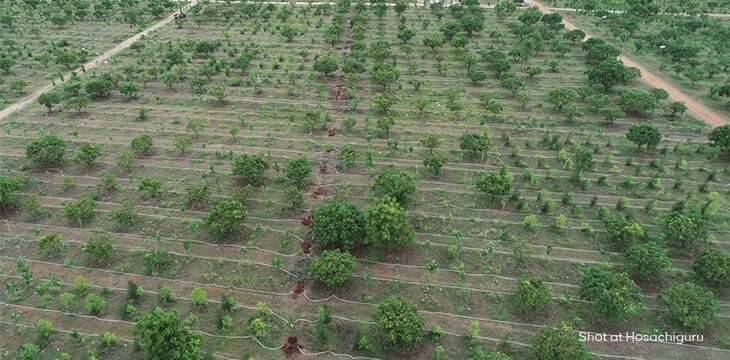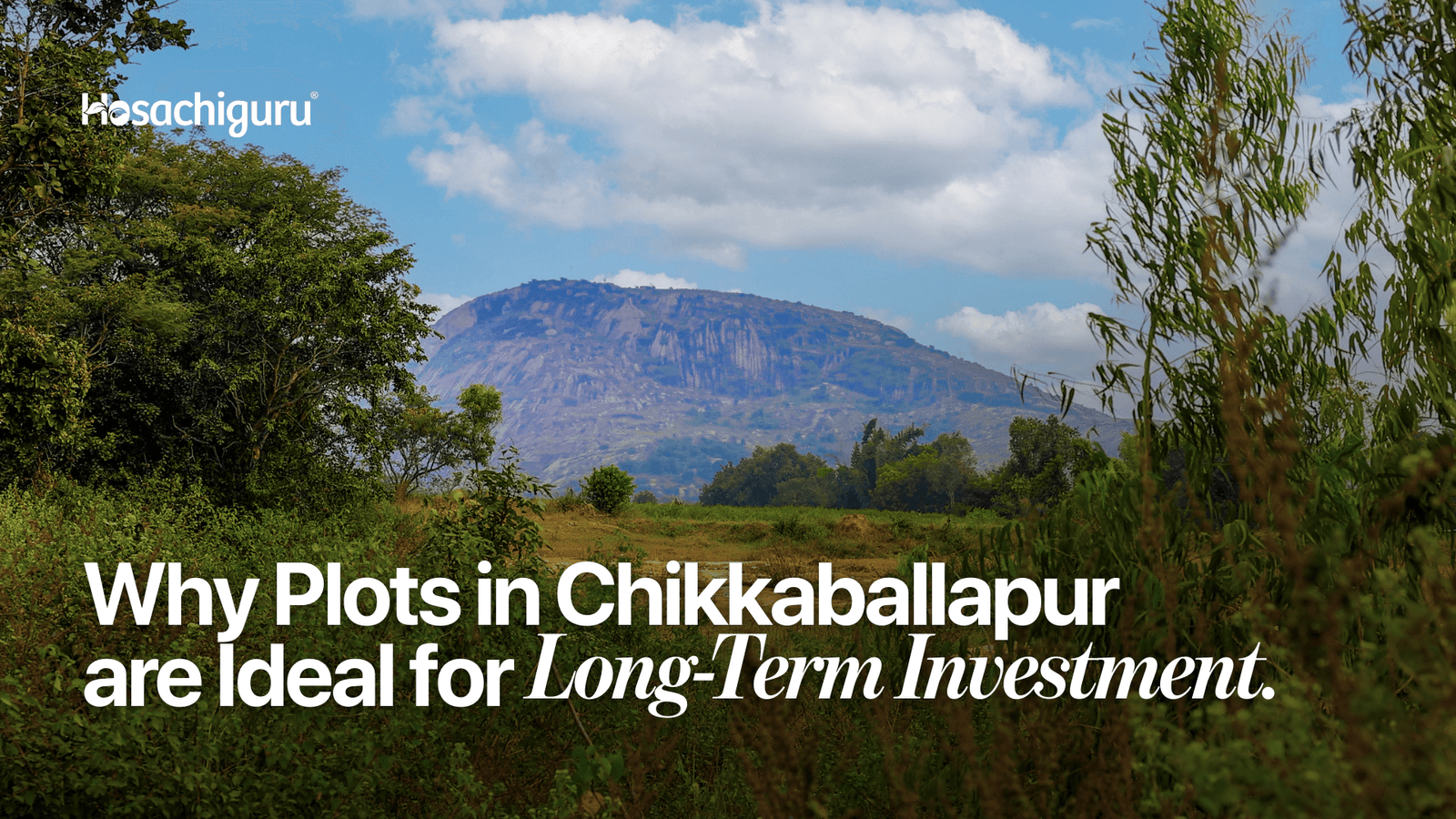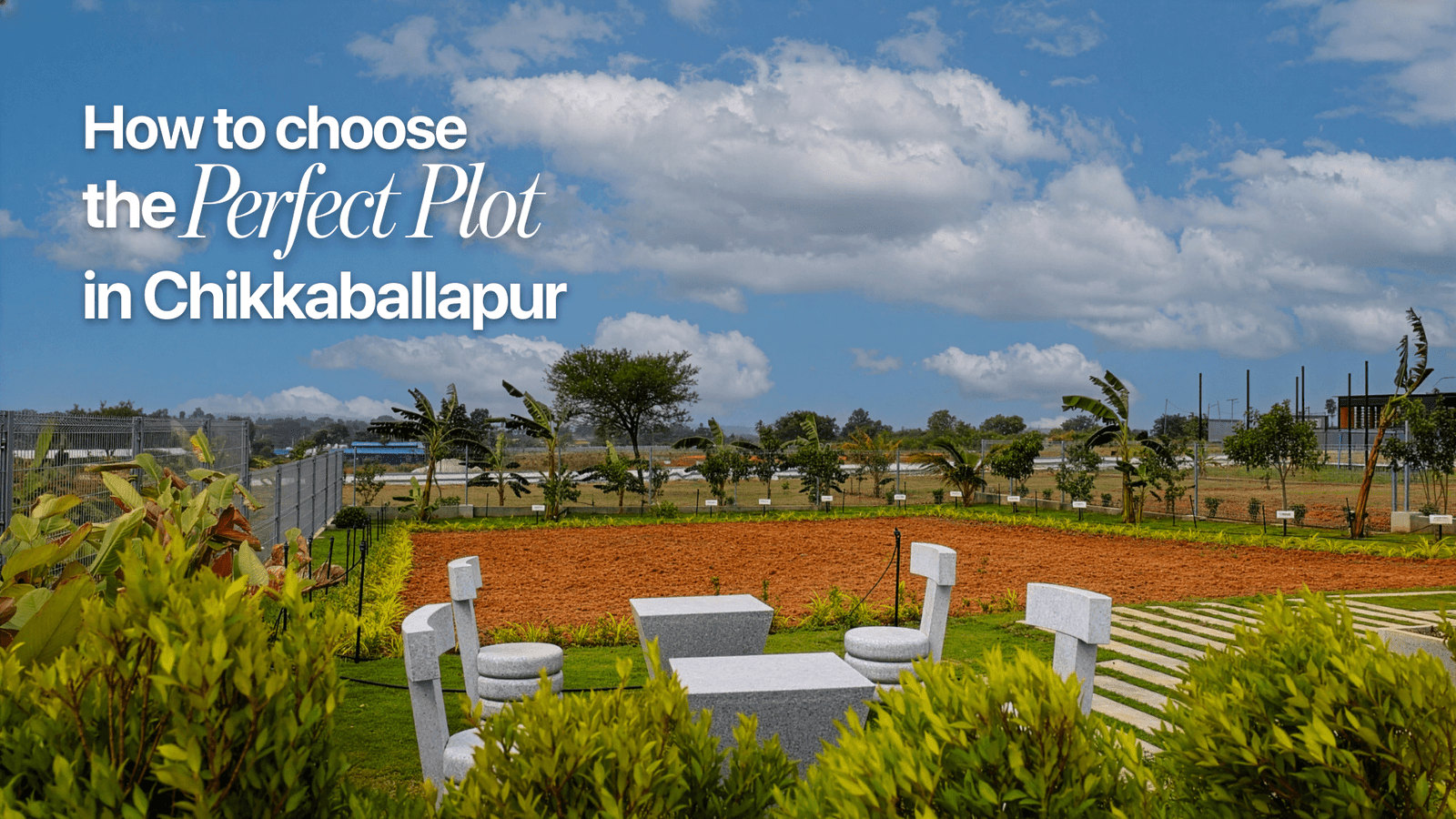Permaculture, a combination of “permanent” and “agriculture,” is a holistic approach to sustainable farming that focuses on creating self-sufficient and resilient ecosystems. With increasing concerns about environmental impact and food security, permaculture practices have gained significant attention among modern landowners. At Hosachiguru-managed farmlands, we follow regenerative farming practices and permaculture principles to take care of the soil along with diverse flora and fauna.
Understanding Permaculture
Permaculture is an approach that mimics natural ecosystems to create regenerative agricultural systems. It emphasizes principles such as observing and interacting with the environment, capturing and utilizing resources efficiently, integrating diverse plant and animal species, and promoting ecological harmony. By adopting permaculture practices, landowners can establish sustainable farming methods that promote long-term environmental and social well-being. The three ethics on which permaculture is fundamentally based are people care, earth care, and fair share. At Hosachiguru managed farm lands near Bangalore, we formulate all our strategies based on these 3 ethics and 12 principles formulated by Mr. Bill Mollison and other stalwarts in this field.
Designing for Resilience
Permaculture systems encourage landowners to design their farms for resilience, taking into account factors such as climate, soil conditions, and available resources. By creating diverse and interconnected ecosystems, landowners can enhance natural processes, reduce external inputs, and build resilience against climate change and unpredictable weather patterns.
Building Healthy Soil
Soil health is a cornerstone of permaculture practices. Landowners focus on improving soil fertility through techniques such as composting, mulching, and incorporating organic matter. Healthy soil promotes nutrient cycling, enhances water retention, and supports a thriving ecosystem of microorganisms, resulting in improved crop yields and reduced reliance on synthetic fertilizers. At Hosachiguru managed farmlands near Bangalore, our one-point focus is to enhance the soil fertility and reduce soil erosion, and that we achieve it through the various land and water management practices that we employ at our farmlands for sale near Bangalore.
Water Conservation and Management
Permaculture emphasizes efficient water management techniques to conserve this precious resource. Strategies such as rainwater harvesting, contouring land to capture water runoff, and using swales and ponds for irrigation help optimize water usage. By minimizing water waste, landowners can ensure sustainable farming practices and reduce the strain on local water sources. At Hoachiguru managed farmlands near Bangalore, Swales, Bio Swales, Trenches, etc are dug at regular intervals on farmlands to capture and spread the rainwater which eventually helps in building the groundwater table. When searching for agricultural lands near Bangalore, the water table and water availability are of paramount importance.
Plant Diversity and Guilds
Permaculture encourages the cultivation of diverse plant species and the creation of plant guilds—mutually beneficial plant communities. Companion planting, where certain plants provide support and benefits to others, maximizes space utilization, enhances pest control, and improves soil health. These practices reduce the need for chemical pesticides and foster a balanced and resilient ecosystem.
Integration of Animals
Integrating animals into permaculture systems can provide numerous benefits. Livestock can help manage vegetation, contribute to nutrient cycling through their manure, and support pest control. Landowners can design rotational grazing systems, where animals graze in specific areas for a limited time, promoting healthy pasture growth and preventing overgrazing. Most of the Hsoachiguru farm lands near Bangalore have a Des Gaushala and a petting center. The goshala gives us a continuous source of cow dung and cow urine for making natural fertilizers and for the dog lovers, we have a petting center with various local and foreign breeds.
Regenerative Farming for Climate Mitigation
Permaculture practices with the concept of regenerative farming, which aims to mitigate climate change by sequestering carbon in the soil. By implementing techniques such as agroforestry, cover cropping, and no-till farming, landowners can enhance carbon sequestration and contribute to the restoration of degraded lands. Carbon sequestration at Hoschiguru farms happens strongly and effectively with agro and food forests growing swiftly. With dense fruit trees and biomass plantations, we are mitigating the effects of climate change on these farms.
Conclusion
Permaculture practices offer a sustainable farming approach for modern landowners, promoting ecological balance, resilience, and self-sufficiency. By incorporating principles such as ecological design, soil health improvement, water conservation, plant diversity, animal integration, and regenerative farming, landowners can establish thriving agricultural systems while minimizing environmental impact.
By embracing permaculture practices at various Hosachiguru farms near Bangalore, co-farmers can create sustainable habitats for themselves and their families. Individuals while enquiring about agricultural lands for sale near Bangalore require careful planning, observation, and continuous learning. Landowners can start small, gradually implementing permaculture techniques and adapting them to their specific land and context. By prioritizing sustainability and incorporating permaculture principles into their farming practices, modern landowners can contribute to a more sustainable and resilient future.

 15 Jun 2019
15 Jun 2019  4 Min
4 Min


